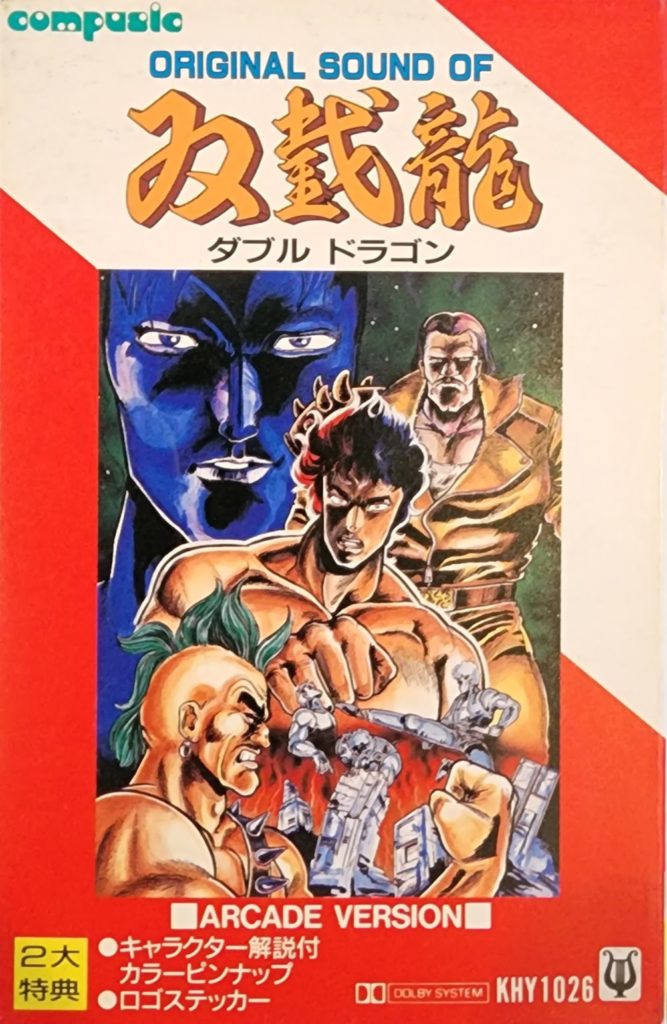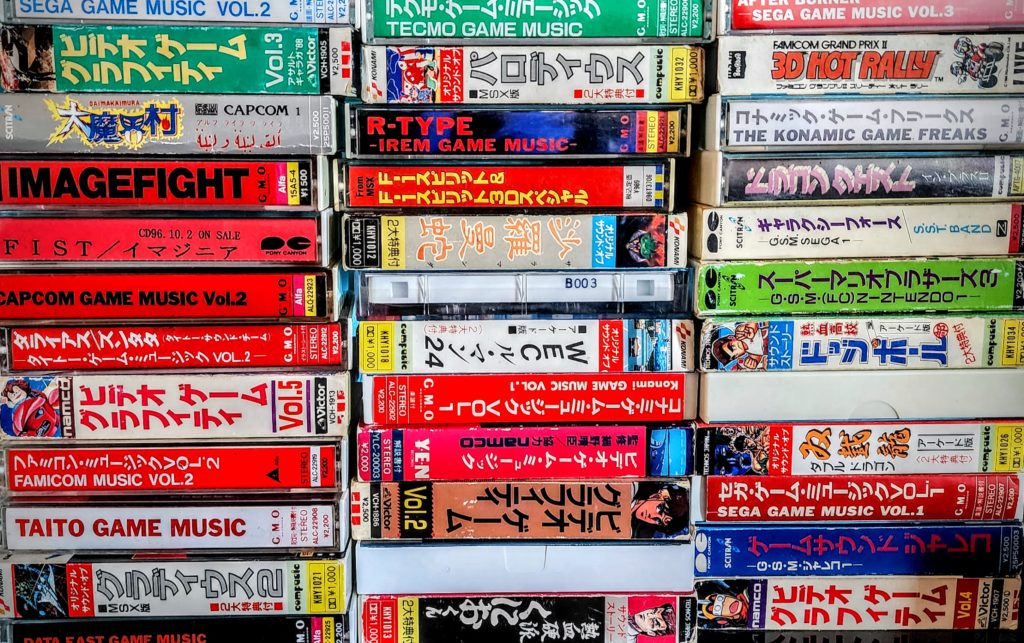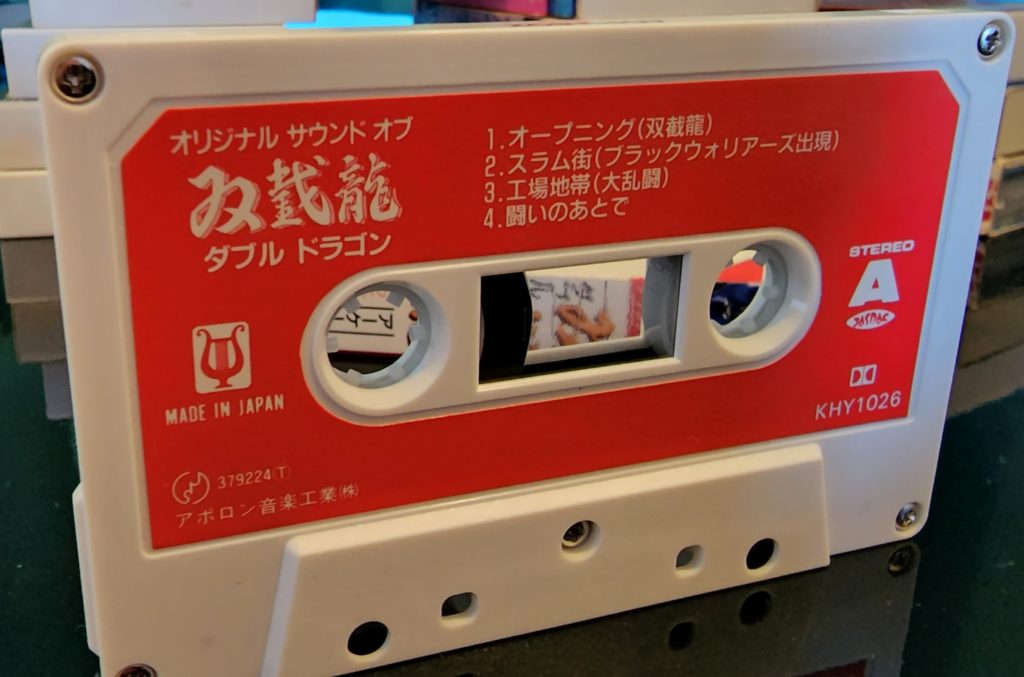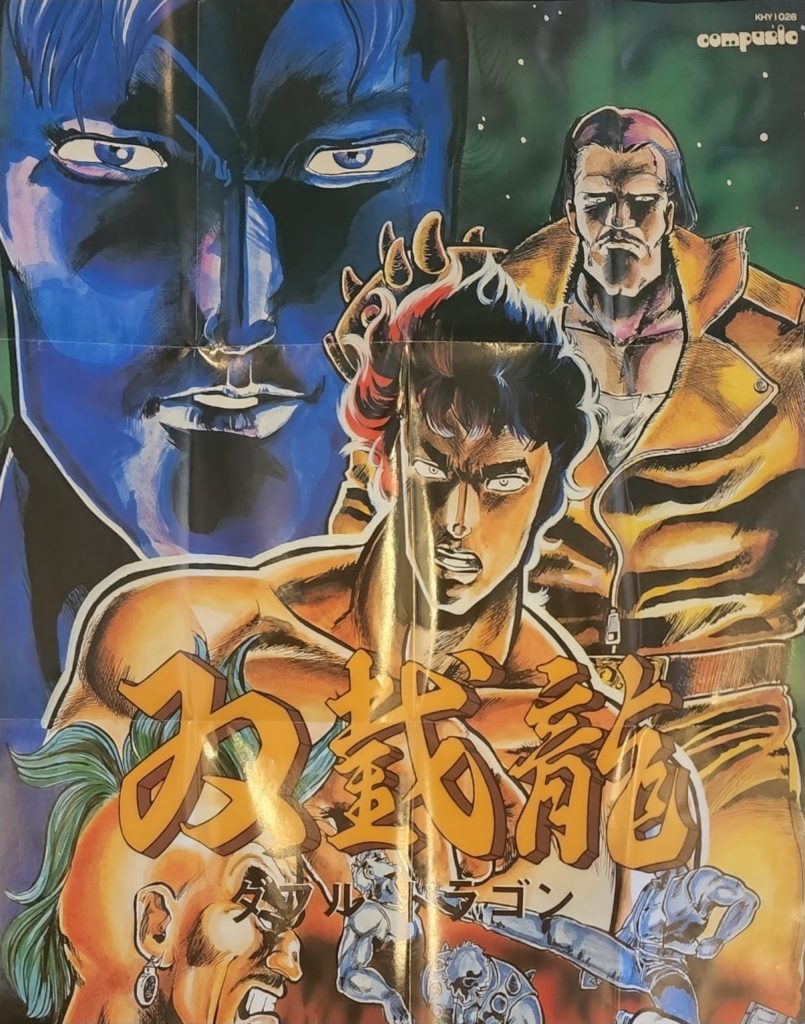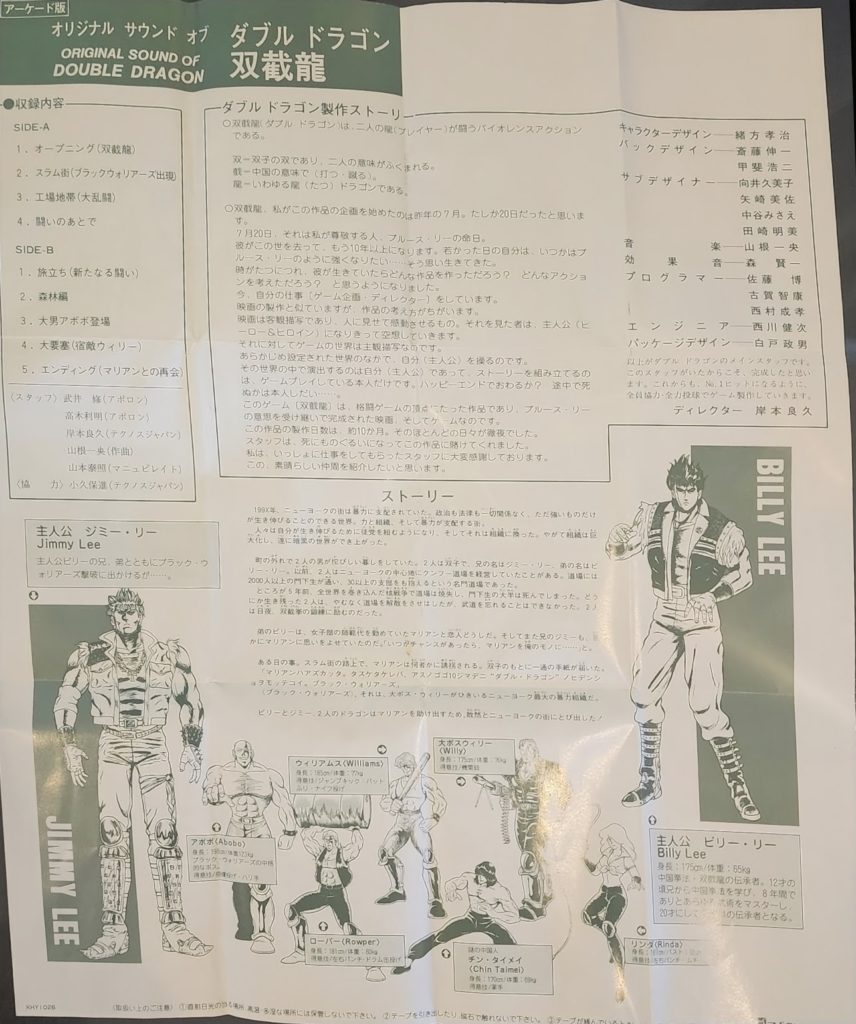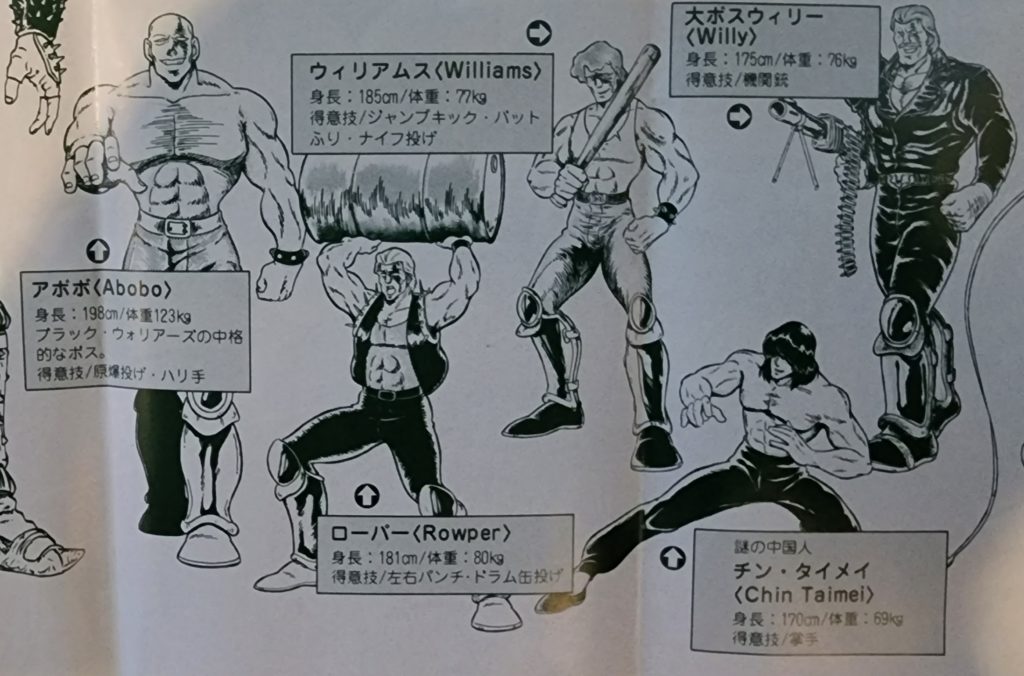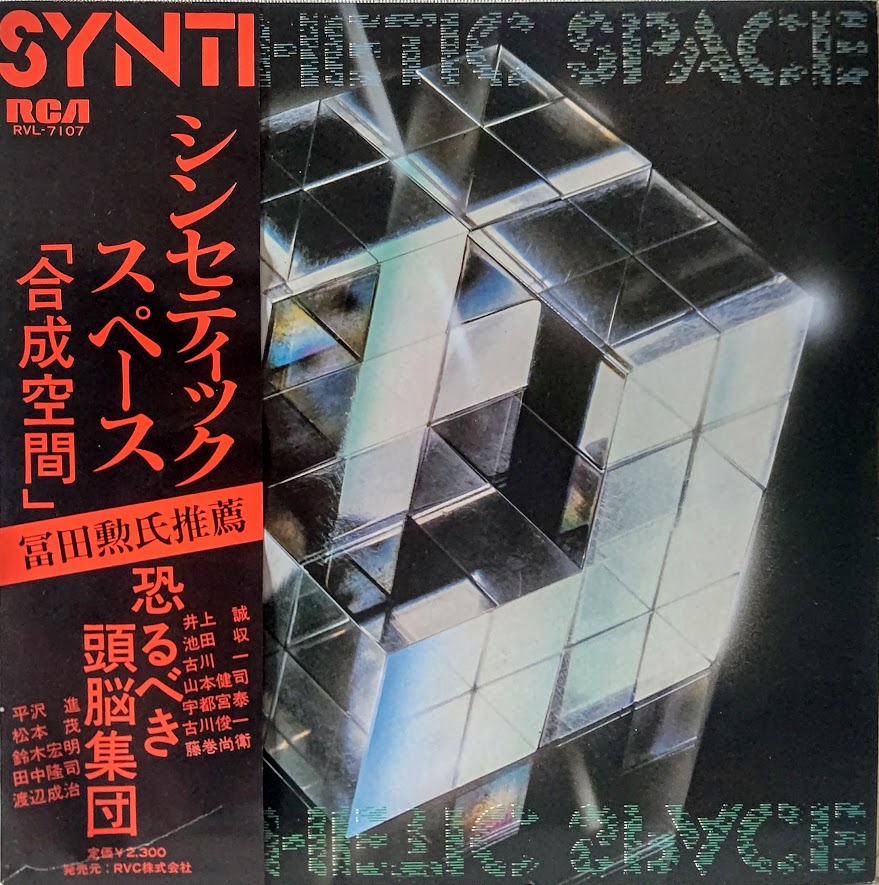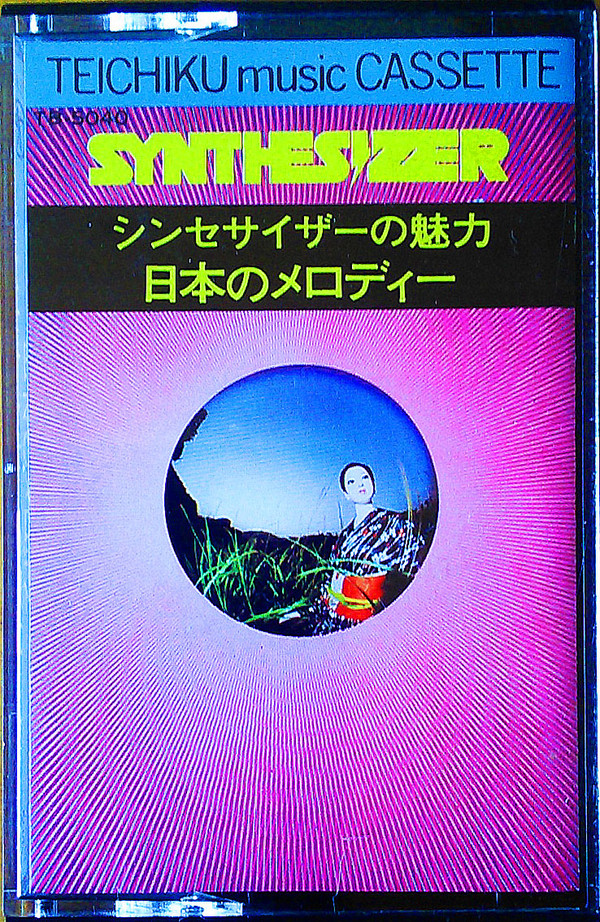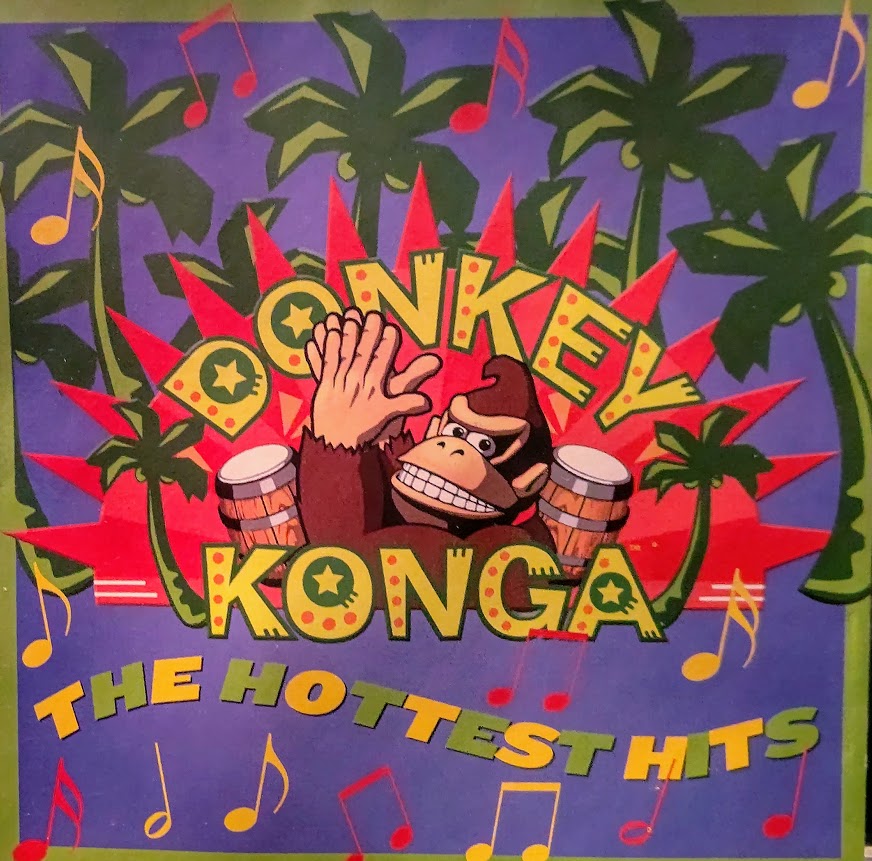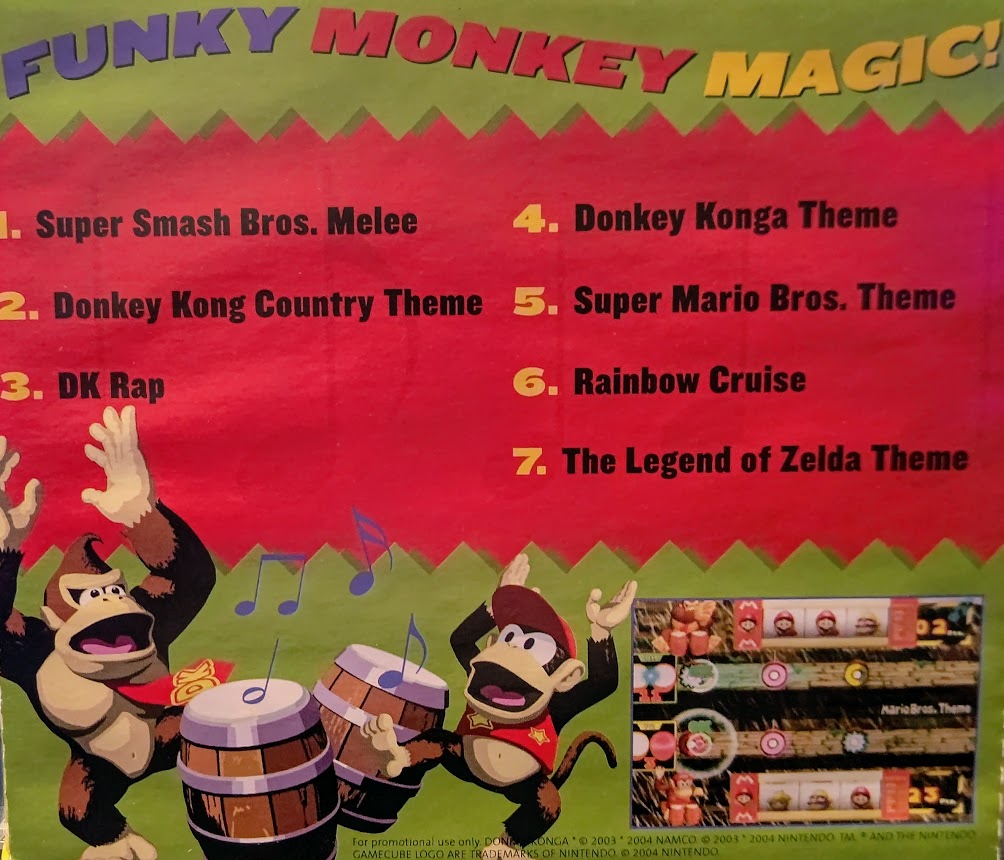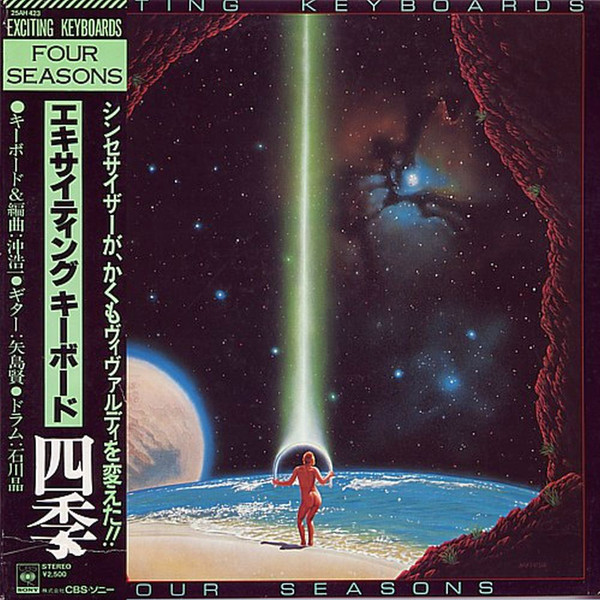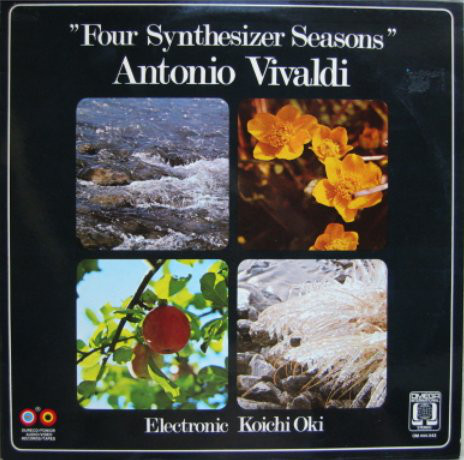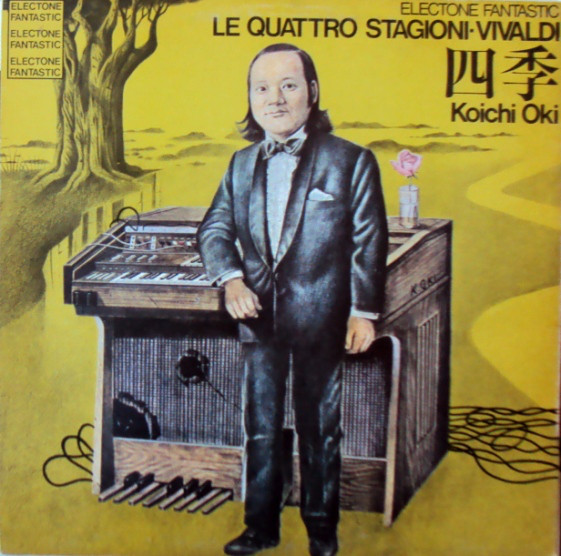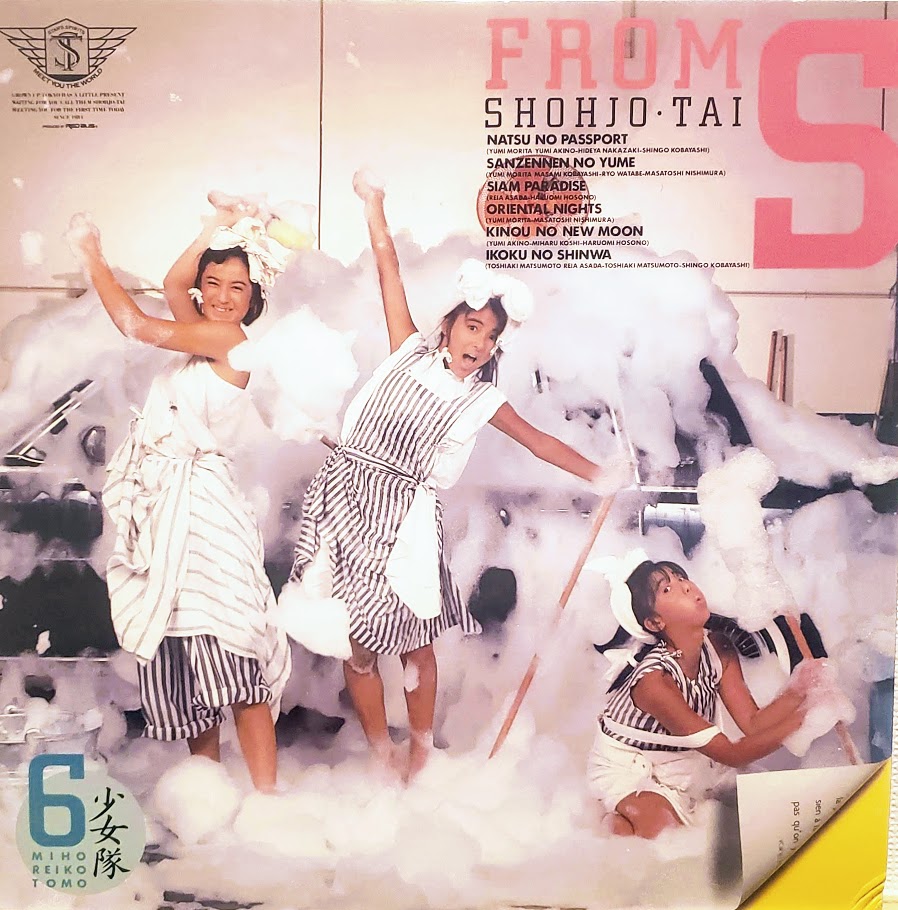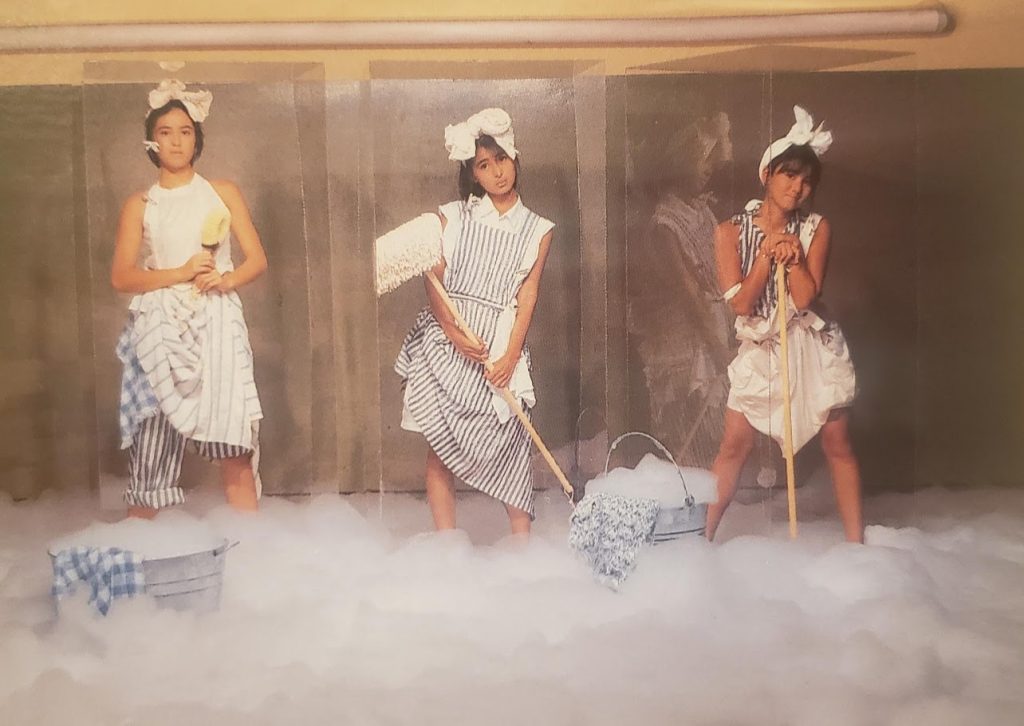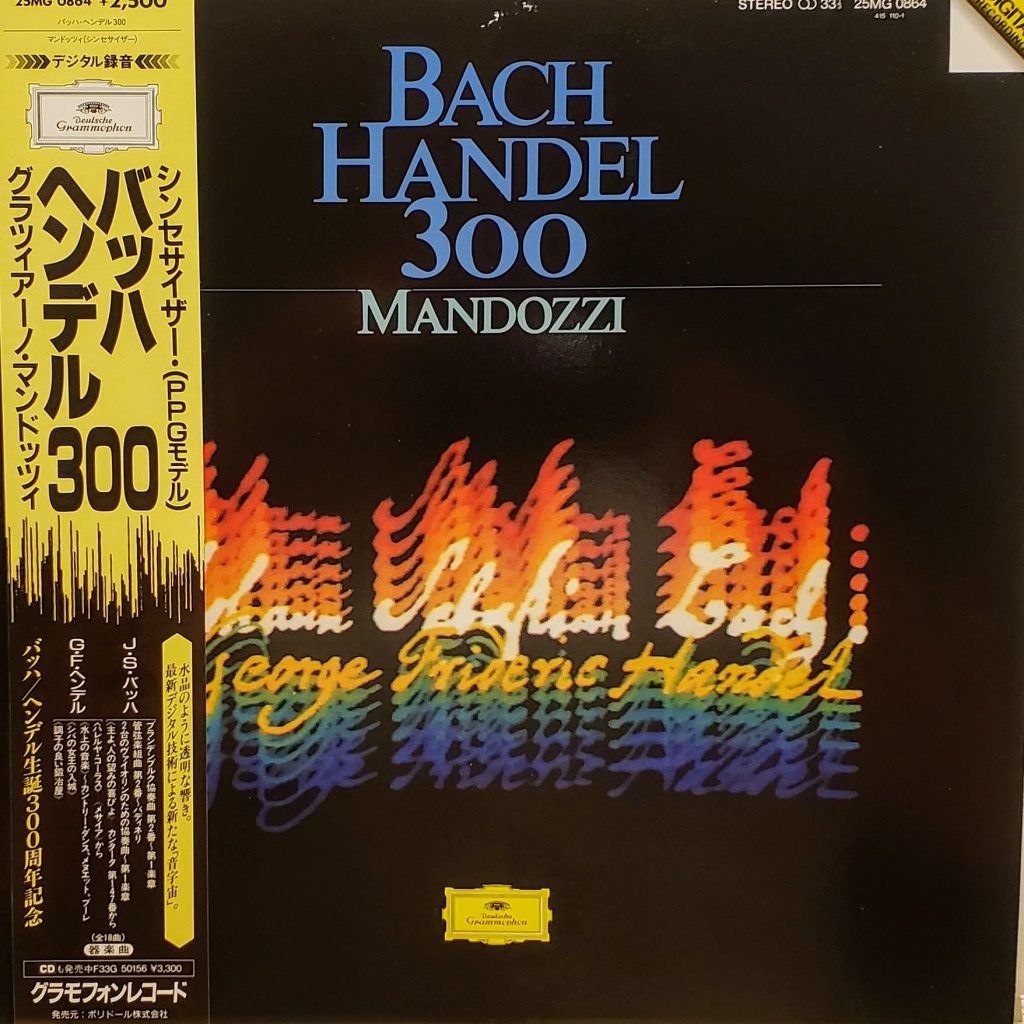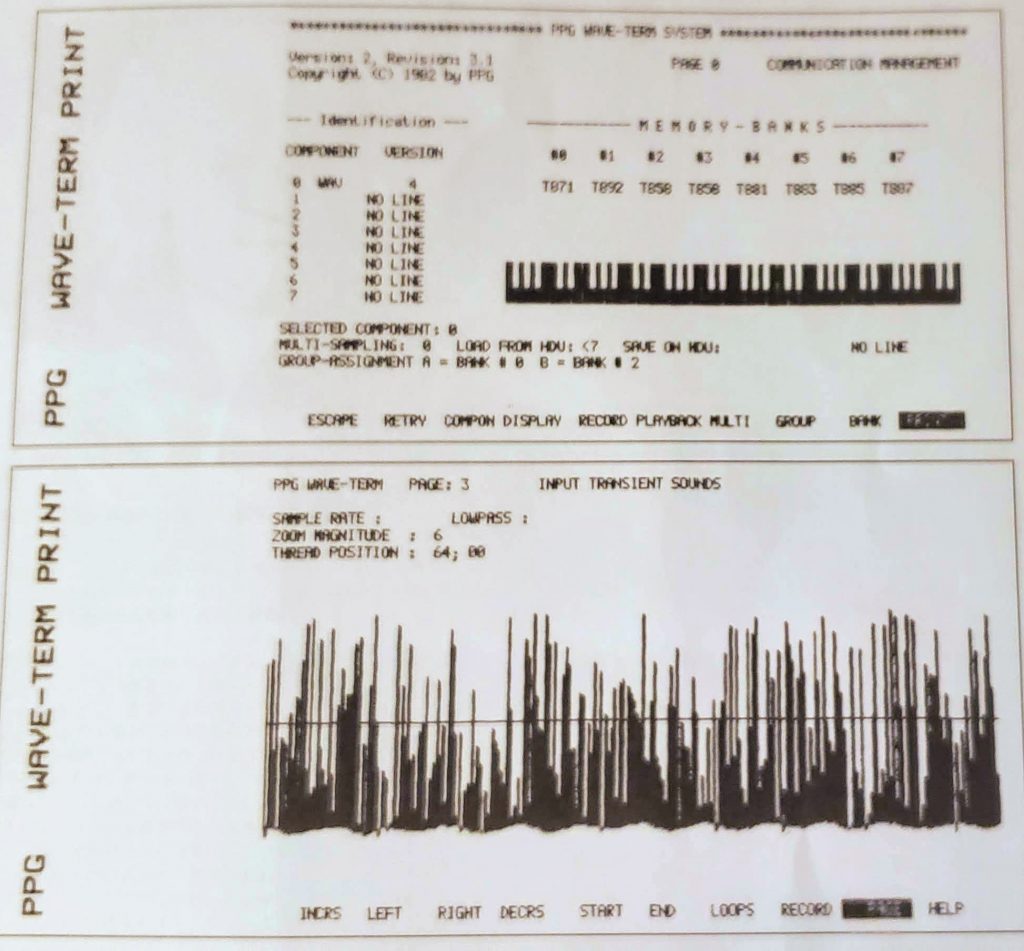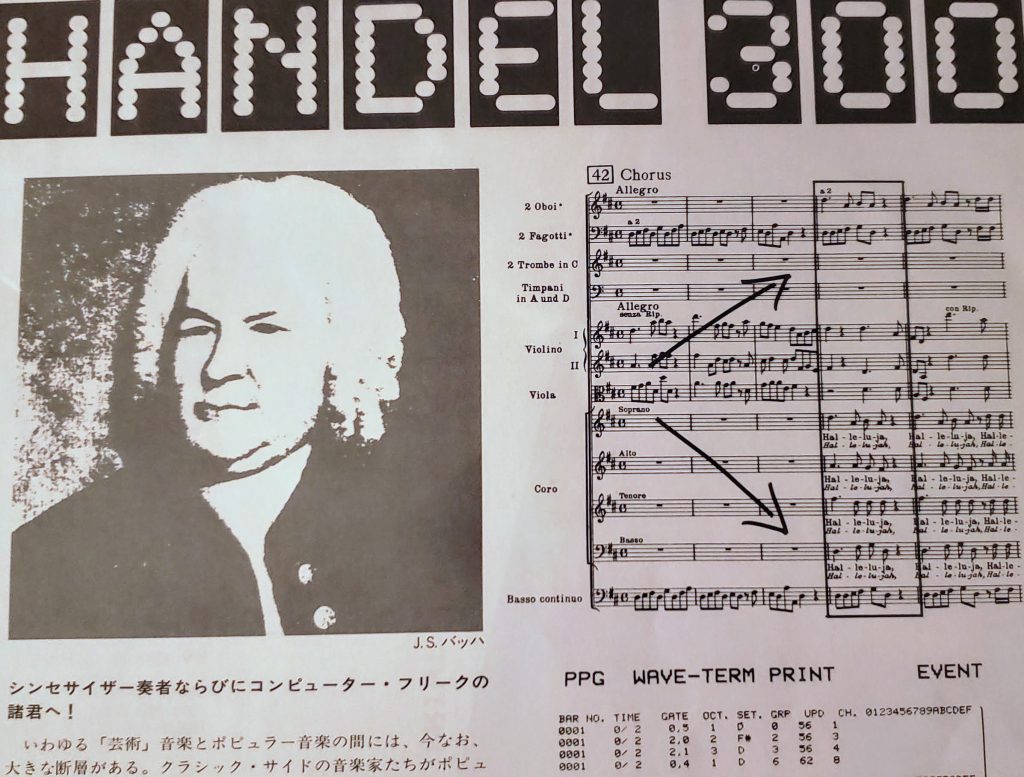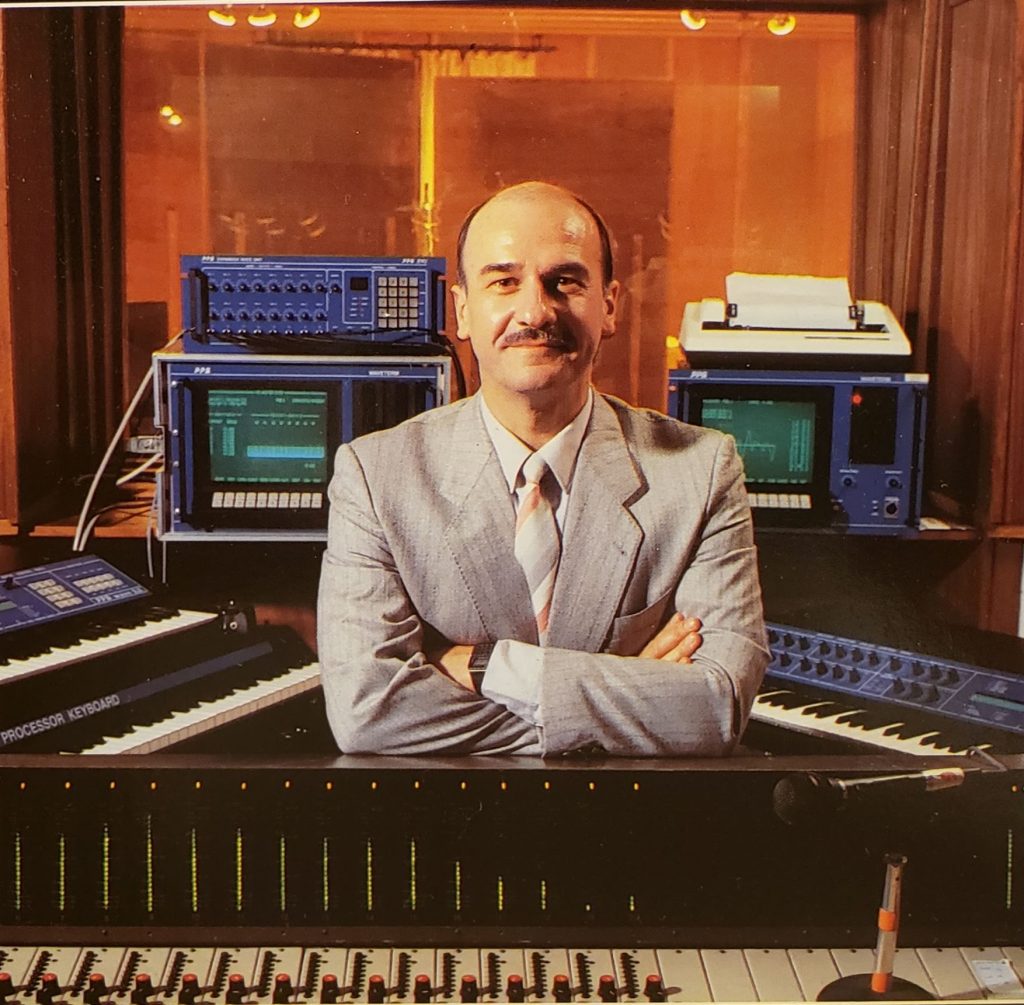Oy.
Yeah so I hoped to write more in 2023 but that sure as shit didn’t work out huh?
So what had happened was my health got worse, my podcast work got more intense, my work got busier, my social life got more hectic, and I spent about a month in the states, which ended up exacerbating several of my health problems.
(Don’t worry, none of my health issues are life-threatening and I am currently seeing multiple medical professionals to improve my health. Also, I can afford all of this, so no need to offer donations or any financial support).
In addition to all of that, this was the year it finally happened: I couldn’t find anything out-of-print worth sharing here. You know my policy; for me to share something on this blog it has to be out-of-print in the majority of the English speaking world. Sure, I would occasionally bend the rules now and then, but after my Warner Bros/YouTube bullshit copyright battle, I’m extra careful now.
I guess I could have scoured the prog store from some ultra-obscure European jazz-rock album or something that has never been re-issued, but I learned a long time ago that whenever I buy music simply because it’s out-of-print, with the intent of sharing it here, it’s rarely something I have any interest in writing about.
But recently I got lucky with three releases that I am 99% sure have songs that are 100% out-of-print, at least in the forms I’m sharing today. And they’re not video game music! They’re proper songs (well, some of them) by artists you might have actually heard of.
I actually do have a few other out-of-print albums that I want to share at some point, but I am making zero promises as to when I will actually do that. Sorry. Life. It’s in the way. Hopefully my health will improve so I can dedicate more time to writing once more.
In the meantime, if you’re really hankering for any written word by yours truly, your best bet would probably be to check out my Letterboxd page. I review every movie I watch. Sure, sometimes it’s just a sentence or two, but sometimes it’s a bit more in-depth. Typical rule of thumb: the more obscure the title is, the more likely I am to write more on it. I’m not going to go deep on something like Robocop when I watch that. Everything that can be said about Robocop has been said. I have nothing to add to that discourse.
Additionally, I am still on Twitter (sigh) and I’m also on Blue Sky. As always, those remain the best way to keep in touch with me, especially since the comment section on this website is now broken. I had to close all comments because I was getting inundated with spam and no filters were able to fix the problems. Sorry about that.
And there’s the podcast! Cinema Oblvia is still going strong! I had to cut down my production schedule a bit, again because of my health, but I’m still putting out at least one episode a month. And I feel pretty safe in saying that I’ll be able to keep that going for a while now. It’s hard work, but I enjoy it more than anything I’m doing at the moment.
If you listen to my podcast and you want to hear more of my absolutely lovely voice that no one at all finds weird or irritating, I was recently on an episode of Gayest Episode Ever talking about Benson, and was also recently on Retronauts talking about Night of the Living Dead, a film that traumatized me so much as a child that I needed to go to therapy because of it. You can find those wherever you get your podcasts. You can find my podcast on most podcast places/apps/websites/whatever as well. Except for Spotify. Because fuck that company.
Have a good new year! I’ll see you here at some point in 2024, that much I can promise.
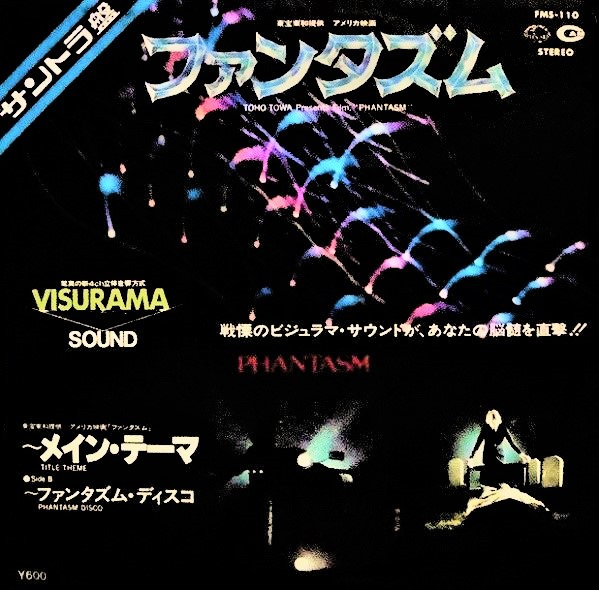
Fred Myrow and Macolm Seagrave
Phantasm Disco
Okay, so there are two different songs called “Phantasm Disco” that incorporate the theme from the 1979 film Phantasm. Yes, really.
One is by an artist called Captain Zorro, which is actually a pseudonym for the disco producer Biddu. People seem to really like that version, but I’ve never come across a physical copy of that 12” single. I would buy it in a heartbeat.
This is not that version, this is a version by the people who composed the music from the film, Fred Myrow and Malcolm Seagrave. In fact, a version of this track is on the Phantasm soundtrack proper, under the name “Phantasmagoria Silver Sphere Disco.” It’s a mix of two different tracks, actually, a spacey, creepy ambient bit followed by the disco tune.
This version is on a 7” single that completely removes the “Phantasmagoria” bits and extends the disco section. I think this version might be on the original Phantasm LP? But I don’t think it’s on the Mondo re-issue from a few years back, as that version (with both parts) is shorter than the 7” single version.
I love the fact that Japan had an exclusive 7” single for the theme to Phantasm and the B-side was an exclusive remix of an album track. Because…why?
If you haven’t seen Phantasm and you like beautiful, surreal horror films that aren’t that scary and don’t make a lick of fucking sense, I recommend it. Someday I’ll get around to watching the multitude of sequels and no doubt be disappointed by all of them.
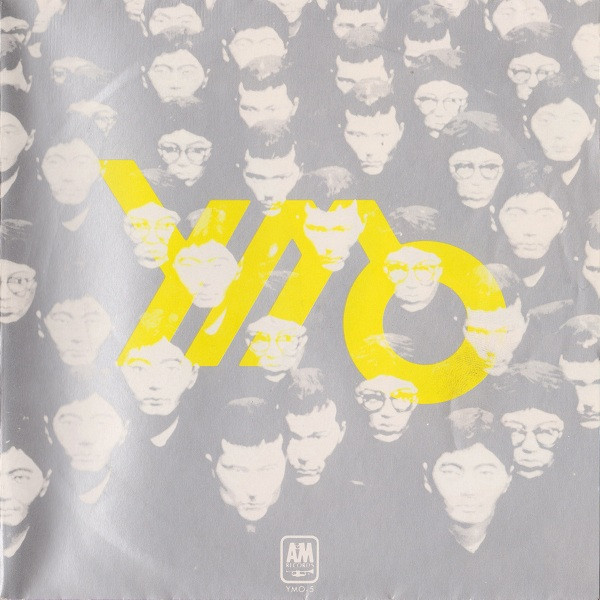
Yellow Magic Orchestra – The YMO Micro Sampler
A Message From YMO
Tighten Up With Excerpts From The Snakeman Show…
Edited Selections From X∞ Multiplies (Nice Age, Technopolis, Rydeen, Behind The Mask, Day Tripper)
I have so many YMO albums, singles, re-issues, appearances, and compilations that Discogs has just straight up given up counting them. This is the latest acquisition in my YMO collection, and one that I was trying to find for a very long time.
It’s a five inch record that was distributed as a promo item exclusively in America to promote the group. It came out in 1980, probably around the time that the export version of X∞ Multiplies was released. In Japan, that album was an EP that had both comedy skits and some previously unreleased tunes by the group. Europe and the United States each got exclusive versions that combined songs from their previous albums with some new tunes. The US version of X∞ Multiplies is actually how I discovered the group, buying it in a used record store probably close to 20 years ago. It’s a safe bet that me discovering that record led me on the road that ended with me moving to Japan, which means that my mom probably hates that record.
This promo has three tracks, a very short 15 second intro, followed by two very short medleys of YMO tracks, oddly with excerpts from the Japanese only version of X∞ Multiplies edited in. As a thing to listen to it’s not that great, but as a historical curiosity for maniac YMO fans like myself, it’s fun.
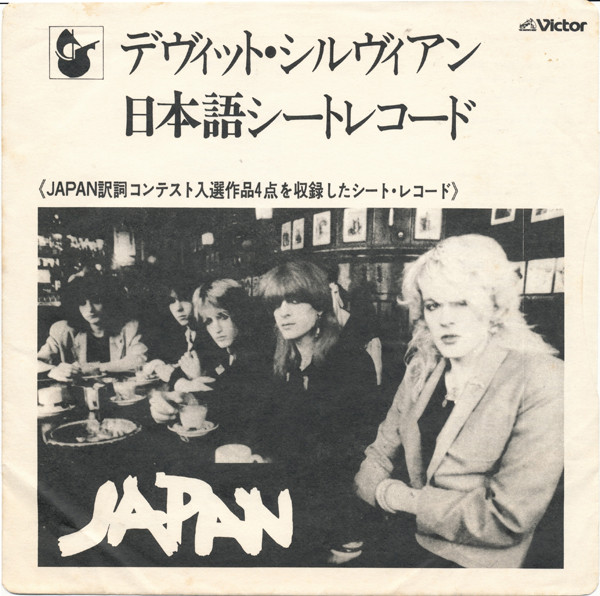
David Sylvian – 日本語シートレコード (Japanese Sheet Record)
Adolescent Sex = 果てしなき反抗 (Version 1)
Adolescent Sex = 果てしなき反抗 (Version 2)
Lovers On Main Street = 表通りの愛人たち
Suburban Love = 愛の回転木馬
Speaking of things that are interesting from a historical standpoint but maybe not the best listening material…
This is the strangest thing I’ve bought all year, and I bought a lot of stupid shit this year. I found it in a used hardware store for about ¥500, and I bought it without knowing what it was because it was ¥500 and I like Japan (the band, I mean, I like the country too but anyways).
But this is not a Japan record. This is David Sylvian only. And he’s not playing any music. Instead, he’s reading Japanese lyrics to Japan songs. The lyrics were submitted by Japanese fans of the band, and they are not translations of the original lyrics, but new original lyrics that are meant to convey the musical mood of the original songs. At least, that’s what the Discogs page says. (Also, for the record, all the art for today’s post was taken from Discogs, my records are currently packed up for an upcoming move.)
I have not bothered to translate these lyrics, and I haven’t asked my boyfriend either, he has more important things to do. Sorry, but it’s already been nearly a year since my last post. If I had put it off until we had time to translate this, I might not have posted anything again until the 2030s, sigh.

